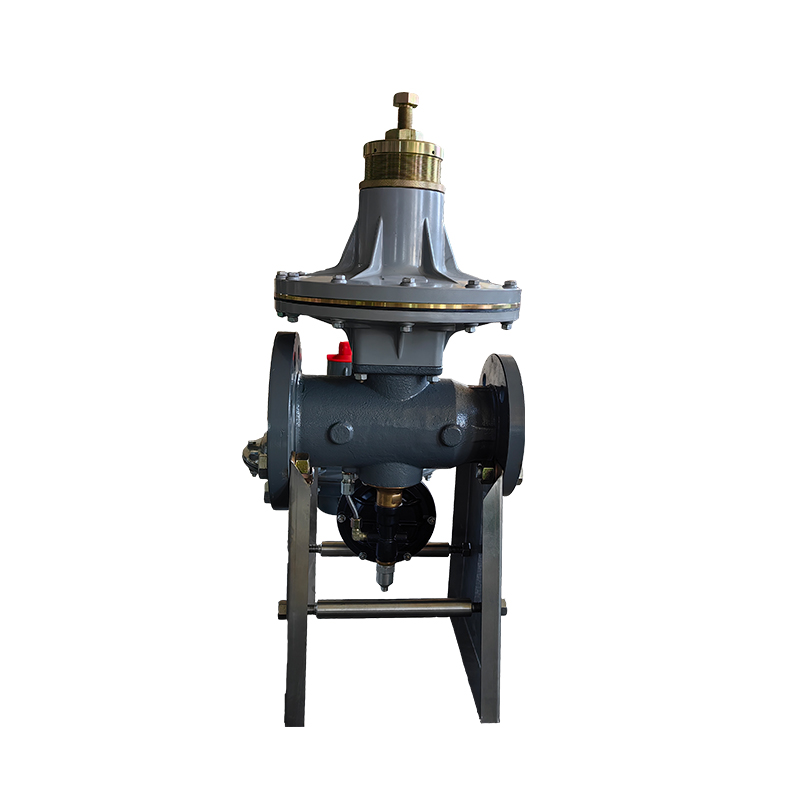
Oct . 03, 2024 02:16
Back to list
Electric Valve Control System for Enhanced Automation in Industrial Applications
The Role of Electric Valves in Modern Automation
Electric valves are integral components in the realm of automation and fluid control systems. These devices serve a critical function, regulating the flow of liquids and gases in various industrial applications. As industries strive for efficiency and reliability in their operations, the demand for electric valves has grown significantly, leading to advancements in technology and design. This article explores the significance of electric valves, their working principles, applications, and advantages.
Understanding Electric Valves
An electric valve, unlike a traditional valve that may rely on manual operation or pneumatic means, utilizes an electric actuator to control its position. The actuator adjusts the valve’s opening and closing based on electronic signals. This automation enables precise control over the flow rate and pressure of the substances being transported. Electric valves can be classified into different types, such as globe valves, ball valves, butterfly valves, and check valves, each designed for specific applications and requirements.
Working Principles of Electric Valves
Electric valves operate by transforming electrical energy into mechanical energy. The key components include
1. Actuator The heart of the electric valve, responsible for moving the valve mechanism. It can be powered by AC or DC electricity. 2. Position Feedback Many electric valves are equipped with sensors that provide feedback on the valve’s current position, allowing for precise control and adjustments.
3. Control System Electric valves are often integrated with automated control systems that dictate when and how the valves should open or close based on real-time data from the system they serve.
When an electrical signal is sent to the actuator, it rotates or slides the valve mechanism according to the signal's specifications, thereby controlling the flow of fluid through the pipe network.
Applications of Electric Valves
.
- Water Treatment In water treatment plants, electric valves play a critical role in regulating the flow of chemicals and water to ensure the purification process runs smoothly.
صمام كهربائي

- Oil and Gas In the oil and gas sector, these valves are used to control the flow of hydrocarbons and ensure that processes remain safe and efficient.
- HVAC Systems In heating, ventilation, and air conditioning systems, electric valves control the distribution of hot or cold water and air, contributing to efficient climate control.
- Food and Beverage For hygiene and quality control, electric valves are increasingly used to manage the flow of ingredients in food processing plants.
Advantages of Electric Valves
The advantages of electric valves over traditional mechanical or pneumatic valves are numerous
1. Precision Control Electric valves offer superior control over flow rates and pressure, which is crucial in applications that demand exact specifications.
2. Automation Compatibility They can be easily integrated into automated systems, allowing for remote operation and monitoring, which improves operational efficiency.
3. Energy Efficiency Electric valves often consume less energy compared to their pneumatic counterparts, particularly in systems where continuous flow regulation is required.
4. Reduced Maintenance With fewer moving parts and a lack of compressed air components, electric valves usually require less maintenance, reducing downtime and service costs.
5. Quicker Response Time Electric valves can respond to control signals almost instantaneously, enhancing system performance, especially in critical applications.
Conclusion
In conclusion, electric valves are vital components of modern automation and fluid control systems. Their ability to ensure precise control, energy efficiency, and compatibility with automated systems positions them as essential elements across various industries. As technology continues to evolve, the functionality and applications of electric valves will likely expand, paving the way for even more innovations in fluid management. Understanding their role and operation helps industries maximize efficiency, safety, and reliability in their processes, ultimately contributing to better overall performance.
Latest news
-
Safety Valve Spring-Loaded Design Overpressure ProtectionNewsJul.25,2025
-
Precision Voltage Regulator AC5 Accuracy Grade PerformanceNewsJul.25,2025
-
Natural Gas Pressure Regulating Skid Industrial Pipeline ApplicationsNewsJul.25,2025
-
Natural Gas Filter Stainless Steel Mesh Element DesignNewsJul.25,2025
-
Gas Pressure Regulator Valve Direct-Acting Spring-Loaded DesignNewsJul.25,2025
-
Decompression Equipment Multi-Stage Heat Exchange System DesignNewsJul.25,2025

